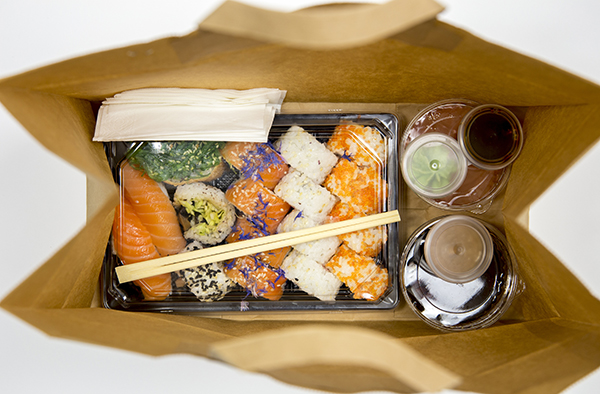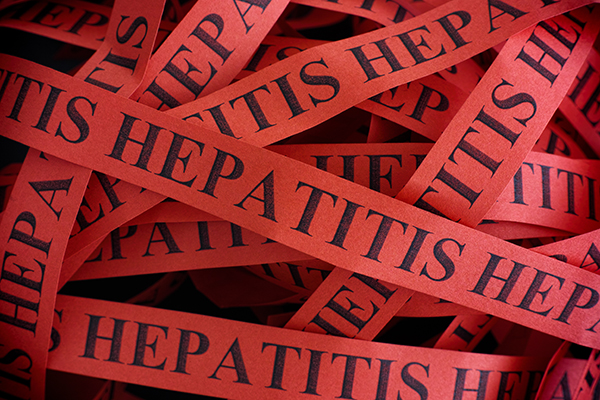Back to the Basics with Coronavirus
Coronavirus. Had we conducted a survey at the start of the 2019, we are willing to bet that less than 10% of Americans would have recognized the word and less than 1% would have identified it as a respiratory illness. Many would have found the entire concept of “social distancing” comical. Yet, here we are in a world drastically different than it was at the start of March. As we write this in late April, many of your businesses have been negatively impacted in one way or another with declining sales and the need to lay off staff. Doors have closed and the old way of doing business ended. While many of you have embarked on new ways of serving your customers, the foundation of good operating practices has not changed.
The one thing that has remained true throughout this pandemic is attention to the basics of employees’ health and hygiene, temperature controls, and cleaning and sanitizing fundamentals. Staying home if ill, washing hands when and how they should be washed, following sound glove use practices , covering your mouth with the inside of your elbow when you cough, avoiding temperature abuse, and cleaning and sanitizing work surfaces are all things we have been doing in foodservice for years. This is not new news to us. Yet, the general public, your clientele, are more aware of potential risks from contamination than ever before.
In our first blog this month, we will focus on strategies to keep the basics “front and center” for all staff and the importance of temperature controls as new service models are being adopted. In our second blog, efforts to focus on the fundamentals of cleaning and sanitizing will be covered. Amongst all this chaos, managers must remember to manage! That means communicating clearly what to do and how to complete tasks, monitoring that these procedures are followed, and correcting in the event they are not.
During the peak of the Coronavirus pandemic (and some states have yet to hit their “peak” at this writing), many schools and restaurants resorted to curbside pick-up or delivery only as a strategy to keep kids fed and businesses open. Some schools have even started having teachers help with curbside pick-up because the teachers want to maintain a connection with their students. Restaurants have asked staff to take on new roles within the operation, some are helping package food in to-go containers while others may be doing delivery.
While no doubt there are policies and procedures in place in your operations to complete these tasks, are staff who are filling roles they never expected to fill aware of the right way to do the job? Have we, as managers and supervisors, made sure to supervise staff in the midst of all the chaos with a focus on the basics of good hygiene practices?
With the recent attention in the media about hand washing, glove use, and face masks, it is important to make sure our staff understand that glove use is not foolproof. Gloves must be changed. Hands still must be washed at designated times in the proper way. If wearing masks, they should not be touched and adjusted. But if they are, correct hand hygiene should follow. FoodHandler has short videos on topics of hand washing and correct glove use that can communicate the basics to people new to a certain job. Another way is to post reminder signage at key locations. FoodHandler also has some downloadable posters.
With both delivery and curbside pick-up, it is important to be aware of temperatures during storage, holding, and transit of meals. While those with experience in foodservice know proper storage temperatures and time requirements, the general public who now is relying on to-go and take-out food, may not. Help educate them by including instructions on how and when to store or eat, or better yet, stickers on to-go boxes. Your local health inspector may have guidance templates available.
In all the chaos and transitions that Coronavirus has forced, both in the workplace and at home, it is imperative that we keep our eye on food safety and the basics. All of this sounds so simple, right? After all, it is just the “basics”. But, the devil is in the details! Are staff following basic hygiene practices? Follow-up with them today and hold them accountable . Now, and even more so in the future, your customers will be watching! As we say at FoodHandler, Risk nothing!










